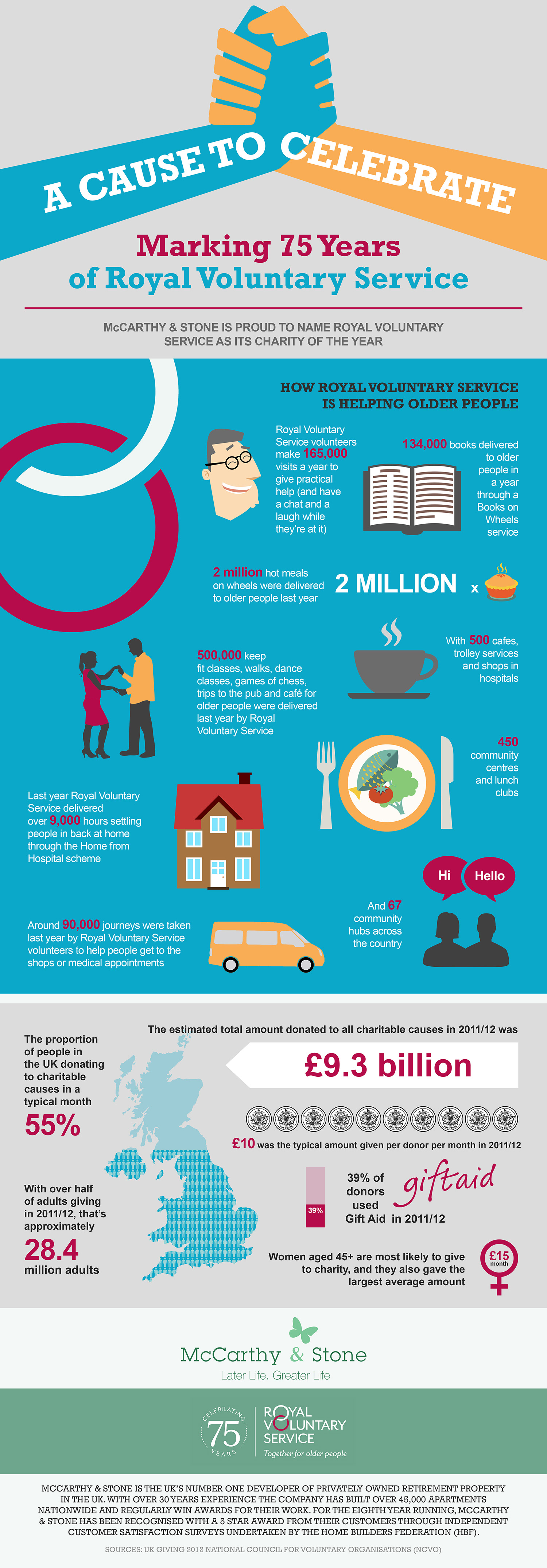We're living in an increasingly ageing population and it's predicted that over 20 million Brits will be over 65 within 30 years. This rising figure is sometimes viewed in a negative light, and while it does present some challenges to society as a whole, an ageing workforce can also bring a lot of benefits.
Benefits of continuing in the workplace
According to figures from the Office for National Statistics (ONS) the number of UK employees of State Pension age and above almost doubled between 1993 and 2011, from 753,000 to 1.4 million. There are a number of contributory factors to this, including medical advances. With the miracles of modern medicine, most of us can expect to stay healthier – and able to work – for longer. In addition, the fact that the default retirement age has now been phased out in the UK means that employers can no longer force employees to retire on the basis of age alone.
Continuing to work past the State Pension age can be beneficial on a societal level. If everyone worked a year longer, real Gross Domestic Product (GDP) could increase by around 1% or around £14 billion, according to the UK Government website. For the individual concerned, retiring just two years after state pension age and continuing to save in that time can increase private pension income by 20%. The employer can also benefit from the accrued skills and reliability of retaining older staff.
Encore entrepreneurship
An increasing number of older people are also starting their own businesses. Again, this 'encore entrepreneurship' can bring extra wealth to the economy as a whole, as well as bringing benefits to the individuals concerned. There is also research suggesting that the older someone is when they start a business, the more likely they are to succeed.
‘Grey army’ of volunteers
 According to a recent infographic highlighting the importance of volunteering and charitable donations, the estimated total donated to charitable causes by people in the UK in 2011/2012 was £9.3 billion. All charities require funding to operate but they also need the enthusiasm and skills of their volunteers. Older people may be the recipients of charitable help from organisations like the Royal Voluntary Service (RVS) but older volunteers are often also the lifeblood of charitable organisations themselves.
According to a recent infographic highlighting the importance of volunteering and charitable donations, the estimated total donated to charitable causes by people in the UK in 2011/2012 was £9.3 billion. All charities require funding to operate but they also need the enthusiasm and skills of their volunteers. Older people may be the recipients of charitable help from organisations like the Royal Voluntary Service (RVS) but older volunteers are often also the lifeblood of charitable organisations themselves.
The skills and experience gained over a lifetime can often be invaluable and many older people find they have the time and passion to really make a difference. In fact, figures from the RVS show that 5.2 million people aged over 60 carry out regular unpaid charity work to help fellow pensioners in hospitals and their homes. This ‘grey army’ will continue to plug gaps in social care as ongoing austerity measures implemented by local authorities impact the sector.